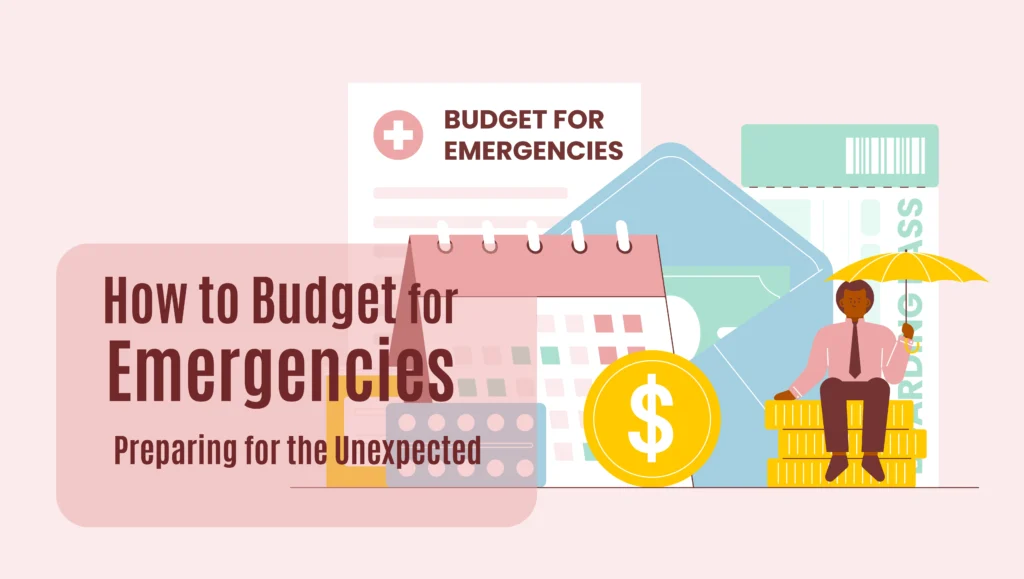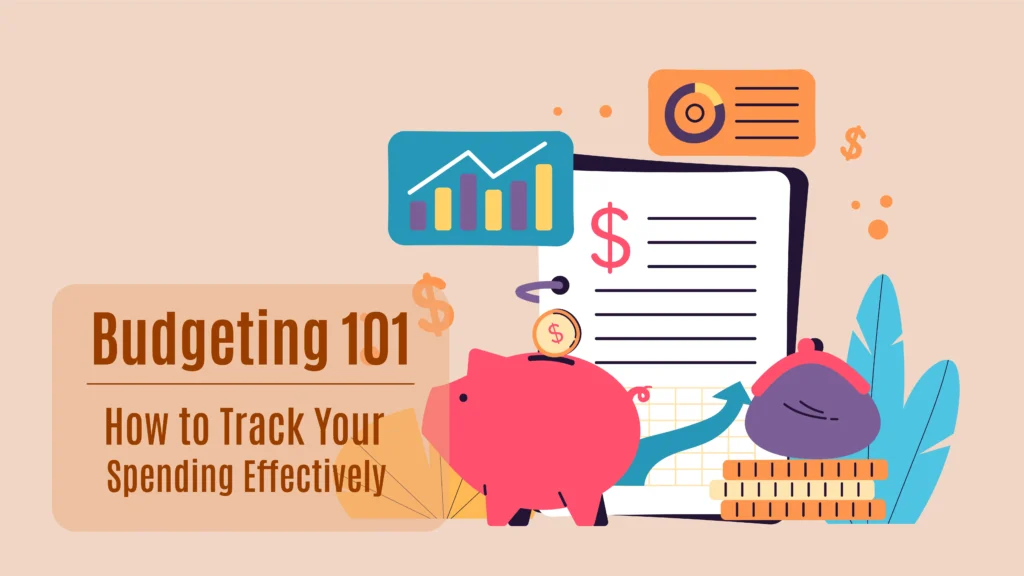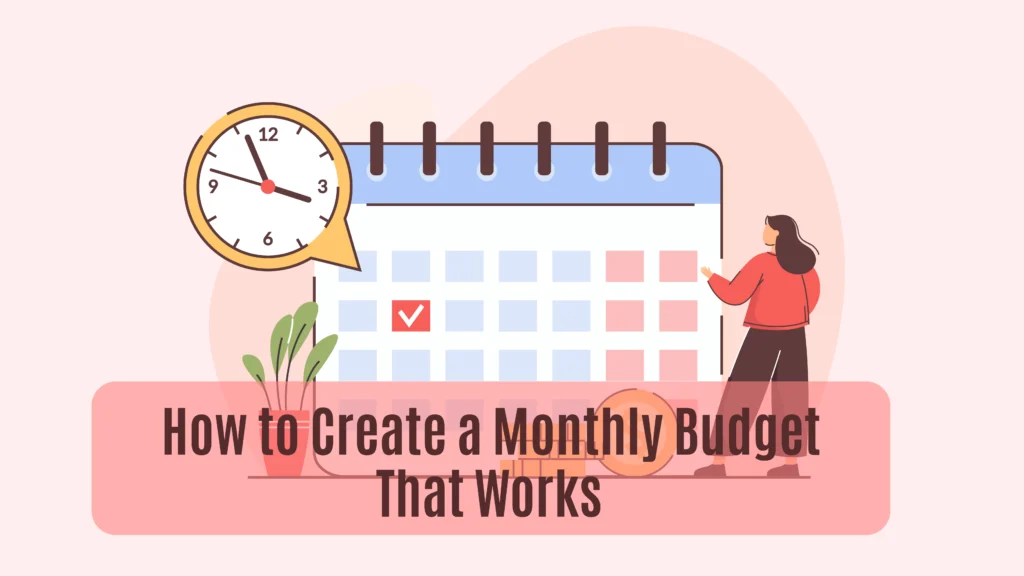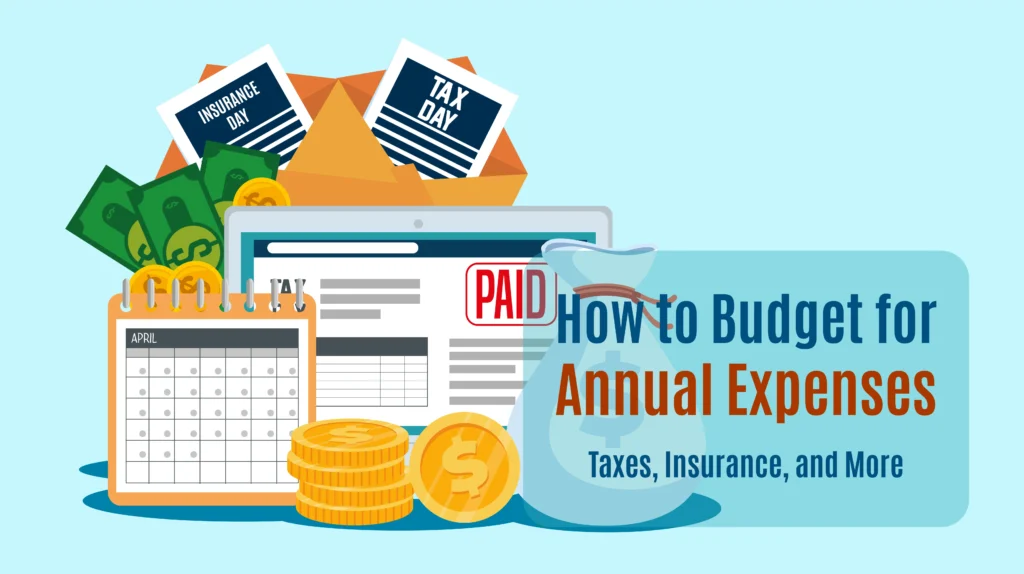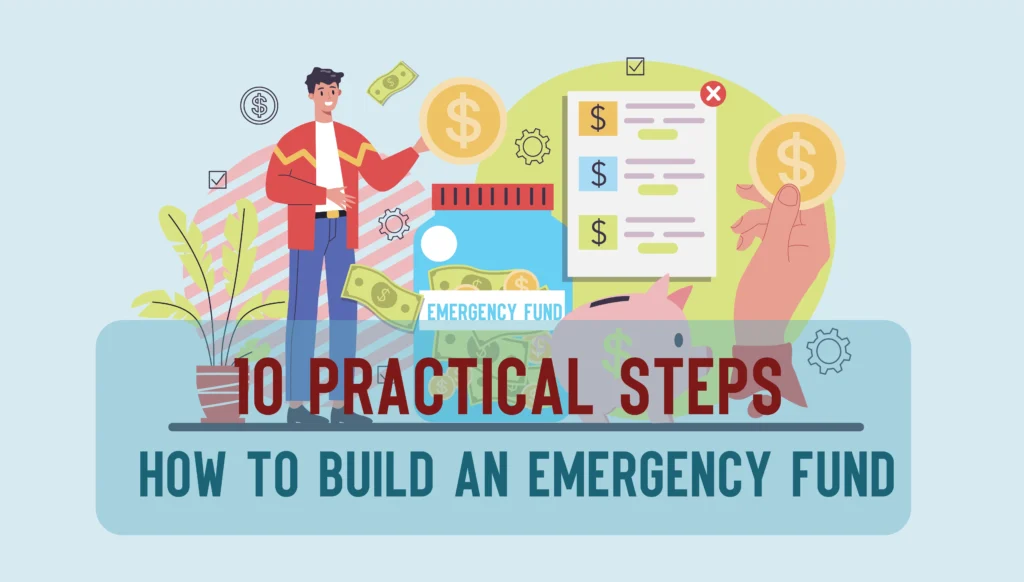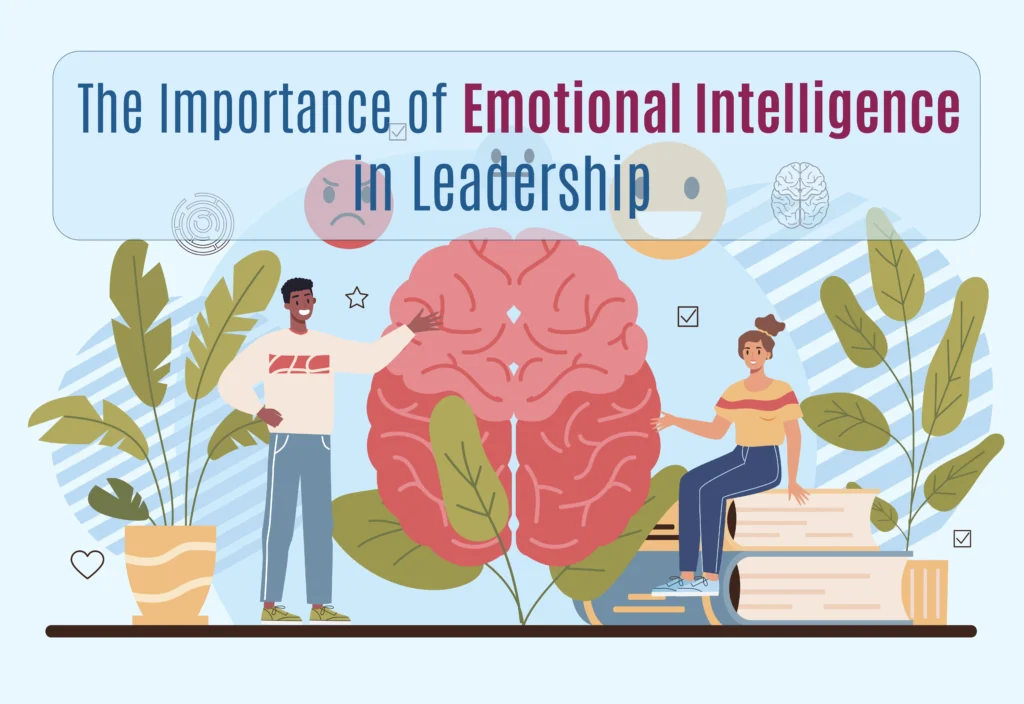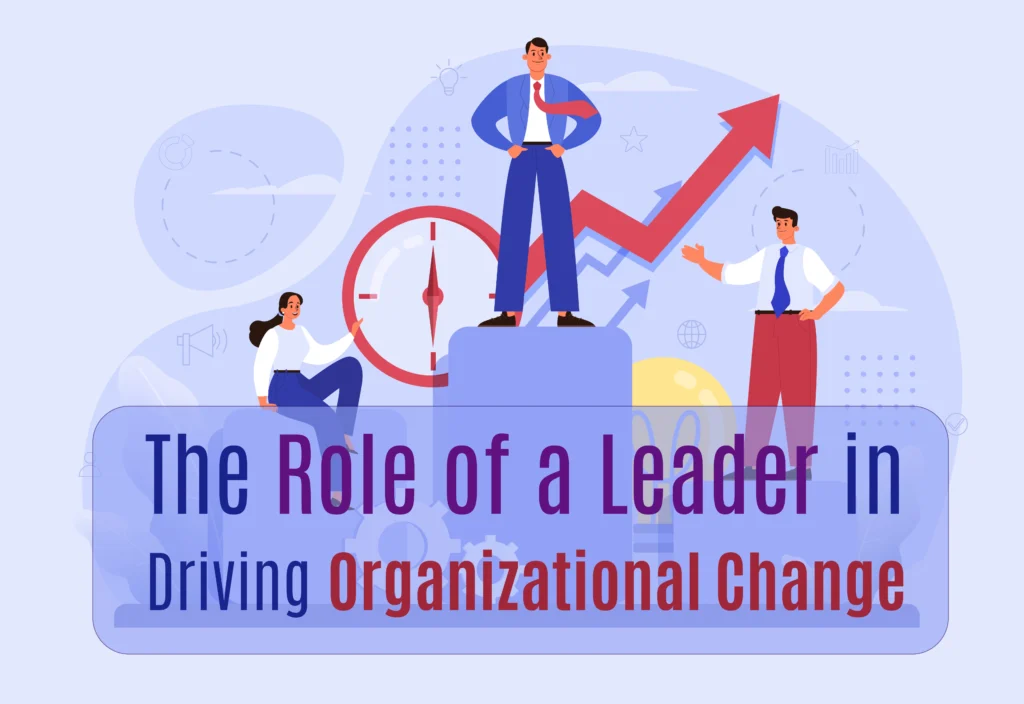How to Recognize the Early Signs of Procrastination
Procrastination is a challenge that affects nearly everyone at some point. Whether you’re putting off an important project, delaying a decision, or finding yourself distracted by minor tasks, procrastination can quietly creep into your routine and wreak havoc on your productivity. What makes procrastination particularly tricky is that it often starts subtly, with small delays or seemingly harmless distractions. But once it takes root, it can become a habit that undermines your success and increases your stress.
Recognizing the early signs of procrastination is crucial. By catching it early, you can take action to break the cycle before it becomes a long-term habit. In this article, we’ll explore how to identify the first warning signs of procrastination, why it happens, and how you can address it before it escalates.
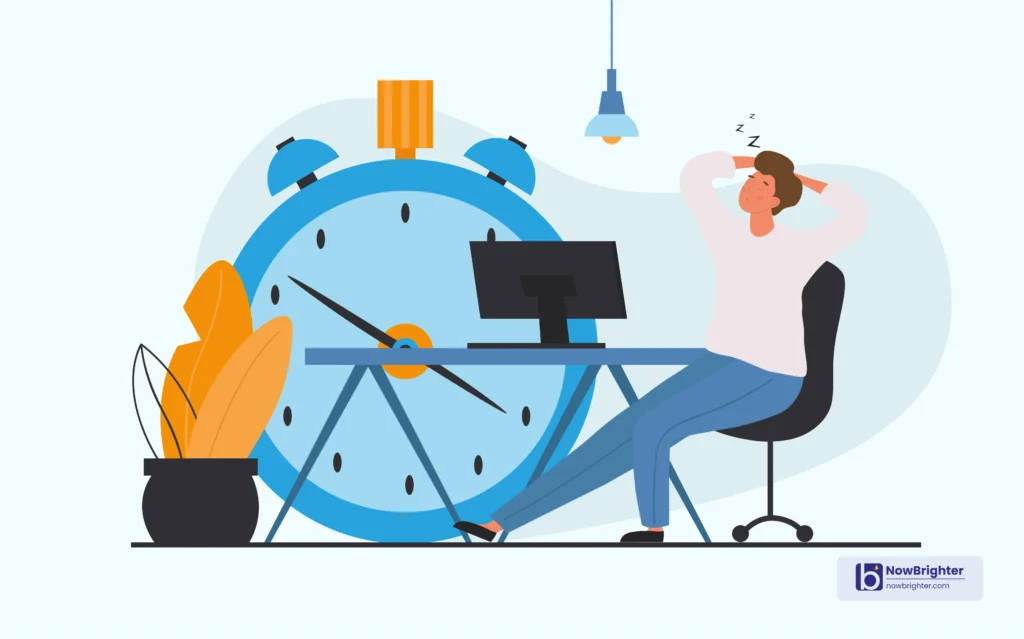
Why Recognizing Early Procrastination Matters
Procrastination is often misunderstood as simple laziness, but in reality, it is a complex behavior driven by psychological, emotional, and sometimes situational factors. At its core, procrastination is a way of avoiding discomfort—whether that’s the discomfort of tackling a difficult task, facing potential failure, or managing overwhelming workloads.
Recognizing procrastination in its early stages is essential because the longer it goes unchecked, the more damaging it becomes. Over time, procrastination can lead to missed deadlines, increased stress, guilt, and a loss of self-confidence. Additionally, procrastination doesn’t just affect your professional life—it can spill over into your personal life, making you feel out of control and unproductive.
By learning to spot the early signs, you can nip procrastination in the bud and maintain control over your time, productivity, and well-being. The earlier you intervene, the easier it is to shift from avoidance to action.
Understanding Procrastination: More Than Just Laziness
Procrastination is often linked to deeper emotional and psychological factors. It’s rarely just about putting off a task for no reason; instead, it’s often a response to emotional triggers that we may not even be consciously aware of. Recognizing these underlying triggers can help you better understand why you’re procrastinating and take steps to address it.
Psychological and Emotional Triggers
Some common psychological triggers that lead to procrastination include:
- Fear of failure: Many people procrastinate because they’re afraid of not doing a task perfectly or failing altogether. This fear leads to avoidance as a way of protecting themselves from the negative emotions associated with failure.
- Perfectionism: Perfectionists are especially prone to procrastination. They often delay tasks because they want everything to be flawless, and the pressure to meet these high standards can make starting a task feel overwhelming.
- Anxiety: Tasks that cause anxiety—whether it’s because they’re difficult, time-consuming, or unfamiliar—often lead to procrastination. The anxiety associated with these tasks makes it easier to put them off for something less stressful.
- Overwhelm: When tasks feel too large or complex, it’s easy to become overwhelmed and avoid them. This is especially common in situations where you don’t know where to start or how to manage the task effectively.
How Procrastination Affects Productivity and Well-Being
Unchecked procrastination has serious consequences. Over time, it can lead to a decrease in productivity, as tasks pile up and become harder to manage. The stress of missed deadlines, rushed work, or incomplete projects can result in higher levels of anxiety and even burnout.
Moreover, procrastination often leads to a sense of guilt or frustration, as you become aware that you’re not managing your time effectively. This can negatively impact your mental health, contributing to feelings of inadequacy or low self-worth. Recognizing and addressing procrastination early can help prevent these long-term consequences and set you on a path toward greater productivity and well-being.
Key Early Signs of Procrastination
Procrastination doesn’t happen all at once. It often begins with small, seemingly insignificant behaviors that grow into bigger problems over time. By learning to recognize these early signs, you can catch procrastination before it becomes a habit.
Avoidance of High-Priority Tasks
One of the first and most common signs of procrastination is avoiding high-priority tasks. You might find yourself tackling less important tasks, like organizing your desk or responding to emails, rather than working on the main task at hand. This is a form of avoidance—by focusing on smaller, easier tasks, you give yourself the illusion of productivity without actually addressing what’s most important.
For example, if you have a major report due at work, but you spend the morning reorganizing your inbox, that’s a sign of early procrastination. While organizing your emails may feel productive, it’s not helping you move closer to your primary goal.
Overplanning or Excessive Preparation
Another early sign of procrastination is overplanning or spending too much time preparing for a task without actually starting it. This is especially common among perfectionists, who may feel the need to have every detail planned out before they take action. While planning is important, excessive preparation often becomes a way of delaying the actual work.
For example, if you spend hours outlining a project, researching every minor detail, or refining your to-do list instead of getting started, you’re likely using planning as a form of procrastination. It’s a way of avoiding the discomfort of beginning the task, under the guise of being thorough.
Constant Busyness with Non-Essential Work
Staying constantly busy with tasks that don’t really matter is another early sign of procrastination. You might find yourself taking on additional work or getting involved in activities that, while productive on the surface, aren’t aligned with your most important goals.
This type of procrastination often involves filling your day with meetings, administrative tasks, or “urgent” but unimportant work, all to avoid dealing with the big, meaningful tasks that truly matter. While staying busy can give you a sense of accomplishment, it’s a distraction from the real work you need to focus on.
Difficulty Starting Tasks or Indecisiveness
If you find yourself struggling to start a task, even when you know it’s important, that’s another clear early sign of procrastination. This can manifest as spending too much time thinking about how to begin, overanalyzing your options, or simply putting off the task for later.
Indecisiveness is often at the root of this hesitation. You may feel unsure about the best way to approach the task, which leads to analysis paralysis. Rather than taking imperfect action, you delay starting altogether, waiting for the “right” moment or more information to proceed.
Recognizing Subtle Behavioral Patterns
In addition to the more obvious signs of procrastination, there are also subtle behavioral patterns that indicate you’re starting to fall into the procrastination trap. These behaviors may not immediately seem like procrastination, but they are subtle ways in which you avoid or delay important work. Recognizing them early can help you catch procrastination before it takes hold.
Distraction-Seeking and Social Media Scrolling
One of the most common subtle signs of procrastination is seeking distractions, especially through digital channels like social media. You may find yourself mindlessly scrolling through Instagram, checking Twitter, or browsing YouTube, even though you have more important things to do. These distractions provide quick dopamine hits, giving you temporary relief from the anxiety or discomfort associated with the task you’re avoiding.
While a five-minute social media break may seem harmless, it can quickly spiral into a much longer distraction. If you catch yourself reaching for your phone every time you hit a difficult point in your work or checking notifications frequently, this is an early sign that you’re procrastinating. These distractions pull your focus away from what truly matters, leading to more delays.
Making Excuses or Rationalizing Delays
Making excuses for why you’re not starting a task is another subtle but telling sign of procrastination. You might find yourself saying things like, “I’ll start after lunch,” “I’m too tired to focus right now,” or “I work better under pressure.” While these excuses may feel valid in the moment, they often mask an underlying avoidance of the task at hand.
Rationalizing procrastination can make you feel justified in delaying action, but over time, these excuses add up. It’s important to recognize when you’re using them as a way to avoid discomfort rather than facing the task directly. The more you rationalize, the easier it becomes to push tasks further down your to-do list, creating a cycle of avoidance.
≫ Related Post: Relation Between Procrastination and ADHD
Emotional Signs of Procrastination
In addition to behavioral signs, procrastination also triggers a range of emotional responses. These emotions can serve as red flags, alerting you to the fact that you’re starting to procrastinate. Understanding these emotional signals can help you intervene early and address the root cause of your procrastination.
Feelings of Guilt and Anxiety
One of the first emotional signs of procrastination is a growing sense of guilt. When you know you’re avoiding important tasks, but you continue to delay them, guilt starts to creep in. You may feel like you’re letting yourself or others down by not staying on top of your responsibilities. This guilt often lingers in the background, weighing on your mind throughout the day, even as you try to focus on other things.
Alongside guilt, anxiety often accompanies procrastination. The longer you delay a task, the more anxious you feel about the upcoming deadline or the consequences of not completing it. This anxiety can create a negative feedback loop: the more you procrastinate, the more anxious you feel, and the more anxious you feel, the more likely you are to continue procrastinating.
Frustration or Irritability
Another emotional sign of procrastination is a rising sense of frustration or irritability. As tasks pile up and deadlines approach, you may start to feel overwhelmed by everything that needs to get done. This frustration can spill over into other areas of your life, making you irritable or short-tempered, even when you’re not directly working on the task.
For example, if you’ve been putting off a major project at work, you might find yourself feeling annoyed with coworkers, stressed in meetings, or easily frustrated by small challenges. This emotional buildup is a clear sign that procrastination is starting to impact your mood and overall mental well-being.
Practical Steps to Address Early Signs of Procrastination
Once you’ve recognized the early signs of procrastination, the next step is to take practical action to prevent it from worsening. Here are some effective strategies to help you stop procrastination in its tracks and get back on track with your work.
Breaking Down Large Tasks into Manageable Steps
One of the most effective ways to tackle procrastination is by breaking down large tasks into smaller, more manageable steps. When a project feels overwhelming, it’s easy to delay starting because you’re unsure where to begin. By dividing the task into smaller chunks, each step feels less intimidating, making it easier to take action.
For example, if you’re procrastinating on writing a report, break it down into specific actions: “outline the introduction,” “gather data for the first section,” “write the conclusion.” Each of these smaller tasks is much easier to start and complete, which builds momentum and reduces the urge to procrastinate.
Prioritize Important Tasks Over Busy Work
It’s easy to fall into the trap of staying busy with non-essential tasks as a way to avoid more important work. To overcome this, practice prioritizing tasks based on their importance and impact. Focus on the tasks that will move you closer to your goals, even if they’re challenging or uncomfortable.
Use a tool like the Eisenhower Matrix to help you categorize tasks based on urgency and importance. By focusing on what truly matters, you can avoid getting bogged down by busywork and ensure that your most important tasks get the attention they deserve.
Time Management Tools and Techniques
Effective time management is crucial for overcoming procrastination. Tools like the Pomodoro Technique (working in focused 25-minute intervals with short breaks) or time-blocking (scheduling specific tasks into your calendar) can help you stay on track and minimize distractions.
Digital planners, task management apps, or even simple to-do lists can also help you stay organized and accountable. When you have a clear plan for how to structure your day, it’s easier to avoid procrastination and keep making steady progress.
Cultivating a Proactive Mindset to Prevent Procrastination
Beyond practical tools, developing a proactive mindset is key to preventing procrastination in the long term. Shifting your mindset from one of avoidance to one of action empowers you to take control of your time and tackle tasks head-on.
Focus on Progress Over Perfection
One of the main reasons people procrastinate is the desire for perfection. The fear of not doing something perfectly can lead to delays, as you wait for the “right” moment to start. To combat this, focus on progress over perfection. Remind yourself that it’s better to make progress, even if it’s imperfect, than to delay action out of fear.
For example, if you’re working on a creative project, aim to complete a rough draft first, rather than waiting until you feel ready to produce something perfect. Once you’ve made progress, you can always go back and refine your work later.
Developing Self-Awareness and Accountability
Cultivating self-awareness is crucial for recognizing when you’re falling into procrastination patterns. Regularly check in with yourself: Are you avoiding tasks? Are you making excuses or feeling anxious about deadlines? The more aware you are of your tendencies, the easier it becomes to address them early.
Additionally, accountability can be a powerful tool for overcoming procrastination. Share your goals and deadlines with a friend, colleague, or accountability partner who can help keep you on track. Knowing that someone else is counting on you to complete a task can increase your motivation and reduce the temptation to procrastinate.
Conclusion: Act Early to Stop Procrastination in Its Tracks
Procrastination is a common challenge, but it doesn’t have to control your life. By recognizing the early signs—whether it’s avoidance of high-priority tasks, overplanning, seeking distractions, or feeling guilty and anxious—you can take proactive steps to address procrastination before it spirals out of control.
The key to overcoming procrastination is to act early. By breaking tasks into manageable steps, prioritizing important work, and using time management tools, you can stay productive and focused. Additionally, cultivating a proactive mindset and focusing on progress over perfection will help you maintain momentum and prevent procrastination from creeping back into your routine.
Remember, procrastination thrives on inaction, but once you recognize its early signs and take control, you can stop it in its tracks and stay on the path to success.

